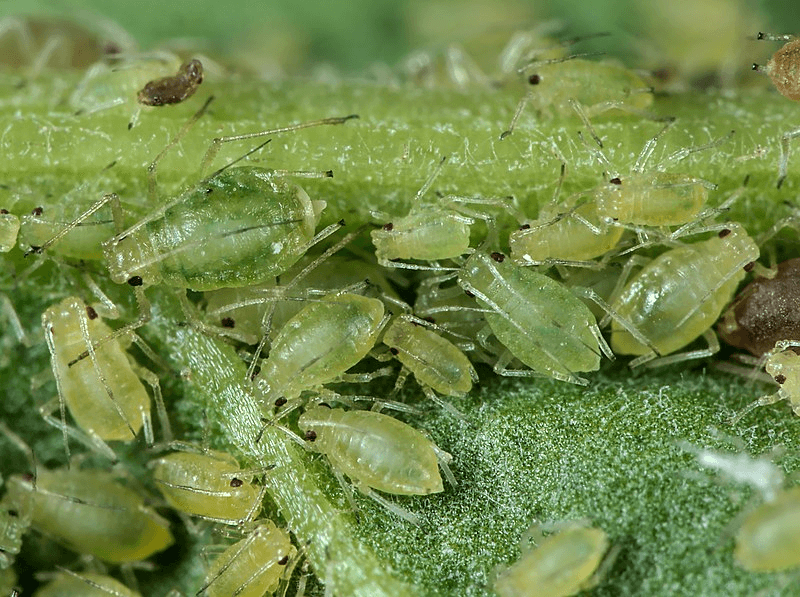Research into alternatives to neonicotinoid pesticides, found to be toxic to bees, is unlikely to deliver a solution capable of fully protecting sugar beet crops for five years, a leading French scientist said.
After the beet yellows virus carried by aphids reduced the French harvest by 30% in 2020, and farmers and sugar makers lobbied the government, France suspended a European Union ban on neonicotinoids until 2023 and launched a research programme to find alternatives to the chemical in the meantime.
But an EU Court of Justice ruling that member states cannot offer exemptions to the bloc’s ban forced France to drop its exemption before an effective solution could be found.
“Maybe some varieties in 2024 will bring 10%-15% more yield than what we had in 2020 but finding a replacement won’t happen overnight,” Fabienne Maupas said. She is head of research at French sugar beet technical institute ITB, in charge of the PNRI programme to find alternatives to neonicotinoids.
“We will not have protection levels as efficient as neonicotinoids for another five years,” she added.































